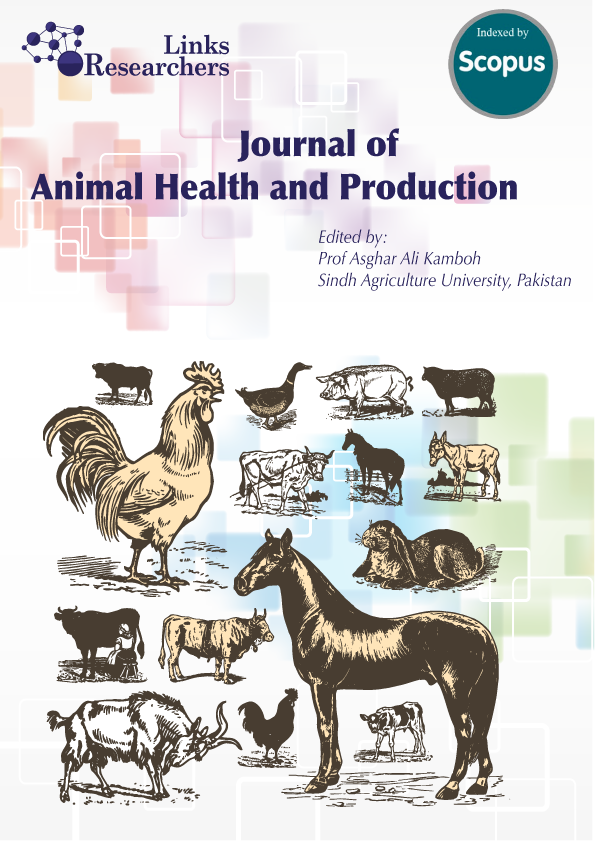Microbial Quality of Ready-To-Eat Shrimps from Three Selected Markets in Ibadan
Microbial Quality of Ready-To-Eat Shrimps from Three Selected Markets in Ibadan
Blessing Ndenum Peter1, Olufemi Bolarinwa Adedeji1, Reuben Chukwuka Okocha2,3*, Ekemini Moses Okon4
ABSTRACT
The microbial load of shrimps and related products are not frequently checked in Nigeria, and consumers are unaware of the risk of ready-to-eat (RTE) shrimps purchased in Ibadan seafood markets. Therefore, this study determined the microbial quality of ready-to-eat shrimps from three major seafood markets in Ibadan. Ready-to-eat shrimps were collected from 80 outlets at the three major seafood markets in Ibadan (50 from Bodija, 15 from Alesinloye and 15 from Eleyele) and checked for microbial presence, microbial counts, and antibiotic sensitivity patterns of the isolated bacteria. The mean total bacterial and coliform counts were 6.40 log CFU/g and 6.24 log CFU/g, respectively. The total bacterial count was significantly lower in ready-to-eat shrimps sourced from Alesinloye [6.29 (6.24 – 6.33) log CFU/g] compared to those from Eleyele [6.43 (6.40 – 6.46) log CFU/g] and Bodija [6.43 (6.41 – 6.46) log CFU/g]. Of the 80 ready-to-eat shrimps samples, Escherichia coli was isolated from 52 (65.5%), Salmonella spp. from 68(85.0%), Shigella spp. from 52(65.5%), Bacillus spp. from 52(65.5%), Staphylococcus aureus from 56 (70.0%) and Staphylococcus epiderdimis from 43 (53.8%) samples. All the Salmonella and Shigella isolates were sensitive to ceftazidime, cefuroxime, ofloxacin, and ciprofloxacin but resistant to gentamicin, cefixime, augmentin, and nitrofurantoin. This study concluded that ready-to-eat shrimps in Ibadan are not safe, wholesome and fit for human consumption because of the high loads of bacteria. The bacterial and fungal organisms isolated from the shrimps indicate contamination from personnel and the environment.
To share on other social networks, click on any share button. What are these?





